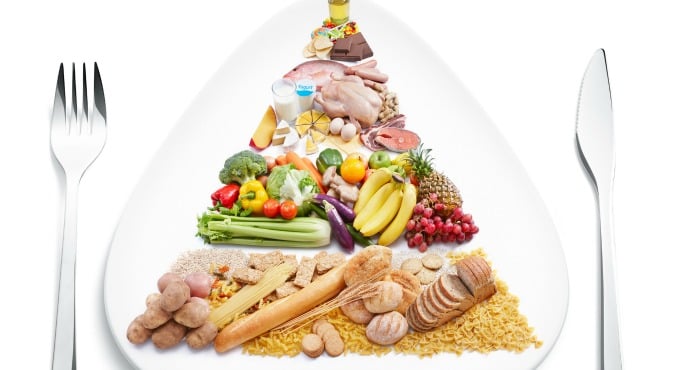
Image via Flickr
Nutrition is a hot topic in the news right now, and controversies abound. This is terrific for the most part, as it’s certainly making lots of people stop and think about what they are eating. That’s the first step in instigating change and so I welcome it. Inspiring and enthusing people about lifestyle change are a key part of what I as a trained dietician, and many others, do.
I’m genuinely delighted to hear journalists, bloggers, chefs and members of the public join in with views and a very real passion for the food path and belief system they have chosen to follow, whether it’s veganism, paleo, sugar free, the Mediterranean diet or any other whole food diet philosophy.
The “this is what I do and I feel great” approach to nutrition is potentially hugely harmful.
I also have no doubt that, despite all the different paths people may choose, they will all feel much better, and experience significantly better health as a result. Most people do, simply because by sticking to a diet philosophy, they have given food a higher priority and moved away from consuming less nutritious foods. This, of course, reinforces their belief that they are doing the right thing, so their passion grows and they shout louder and louder for others to come on board.
But what is right for one is not necessarily right for another, and that’s why the “this is what I do and I feel great” approach to nutrition is potentially hugely harmful.
I see the guidelines being blamed for our levels of obesity and heart disease, yet the 2007-8 data showed that less than 10% of Australians ate the recommended amount of veggies and fruit.
I am frustrated and quite frankly sad to hear dietitians and degree-qualified nutritionists being bagged, while people turn towards anyone claiming to have ‘found the answer’. Suddenly everyone is a nutrition expert, and knows more than those who have studied and made it their career.
Dietitians are not just taught to ‘spout the dietary guidelines’. Those guidelines are exactly as they state – guidelines to be used in a very general and very broad way. The job of a dietitian is to use their knowledge of nutrition science, and how foods affect our bodies in different ways to make diets specific for the individual.





























































































